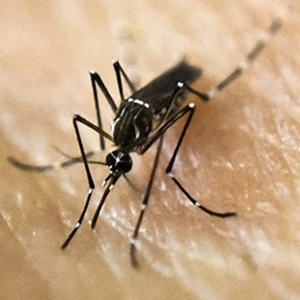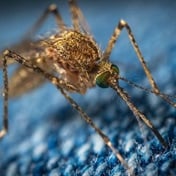
The World Health Organisation has urged European countries to act swiftly to fend off the mosquito-borne virus Zika, suspected of causing a surge in brain damaged babies in South America.
Sporadic sightings
The UN health agency's statement came two days after it said the spike in serious birth defects was "strongly suspected" of being caused by the virus, and constituted an international health emergency.
Read: Zika virus: 14 things you need to know
"I urge European countries to act early in a coordinated way to control the mosquito," the WHO's European director Zsuzsanna Jakab said in a statement.
This must include "community engagement in eliminating breeding sites and planning for insecticide spraying and the killing of the larvae".
The virus is spread by the Aedes aegypti mosquito which is endemic to tropical regions but is not a complete stranger to Europe where it has been sighted sporadically.
According to the European Centre for Disease Prevention and Control (ECDC), the mosquito has "re-colonised" Madeira in Portugal and parts of Southern Russia and Georgia in recent years after disappearing from the continent in the 20th century.
Read: Don't be fooled by 'mild' Zika virus
As the mosquito's global distribution expands with warmer temperatures, it has been spotted as far north as the Netherlands, though it is still not endemic to Europe.
Low risk during winter
"There are no climatic reasons why Aedes aegypti, if introduced into Europe, could not survive across southern Europe," according to the ECDC website.
Several European tourists have contracted the Zika virus while travelling in the Americas, but there have been no reported cases of mosquito-borne transmission in Europe itself.
The risk of the mosquito settling down in Europe "remained extremely low during the winter", the WHO said.
But the risk increases during the more temperate seasons of spring and summer.
Read more:
Brazil waging war against Zika mosquito




 Publications
Publications
 Partners
Partners















